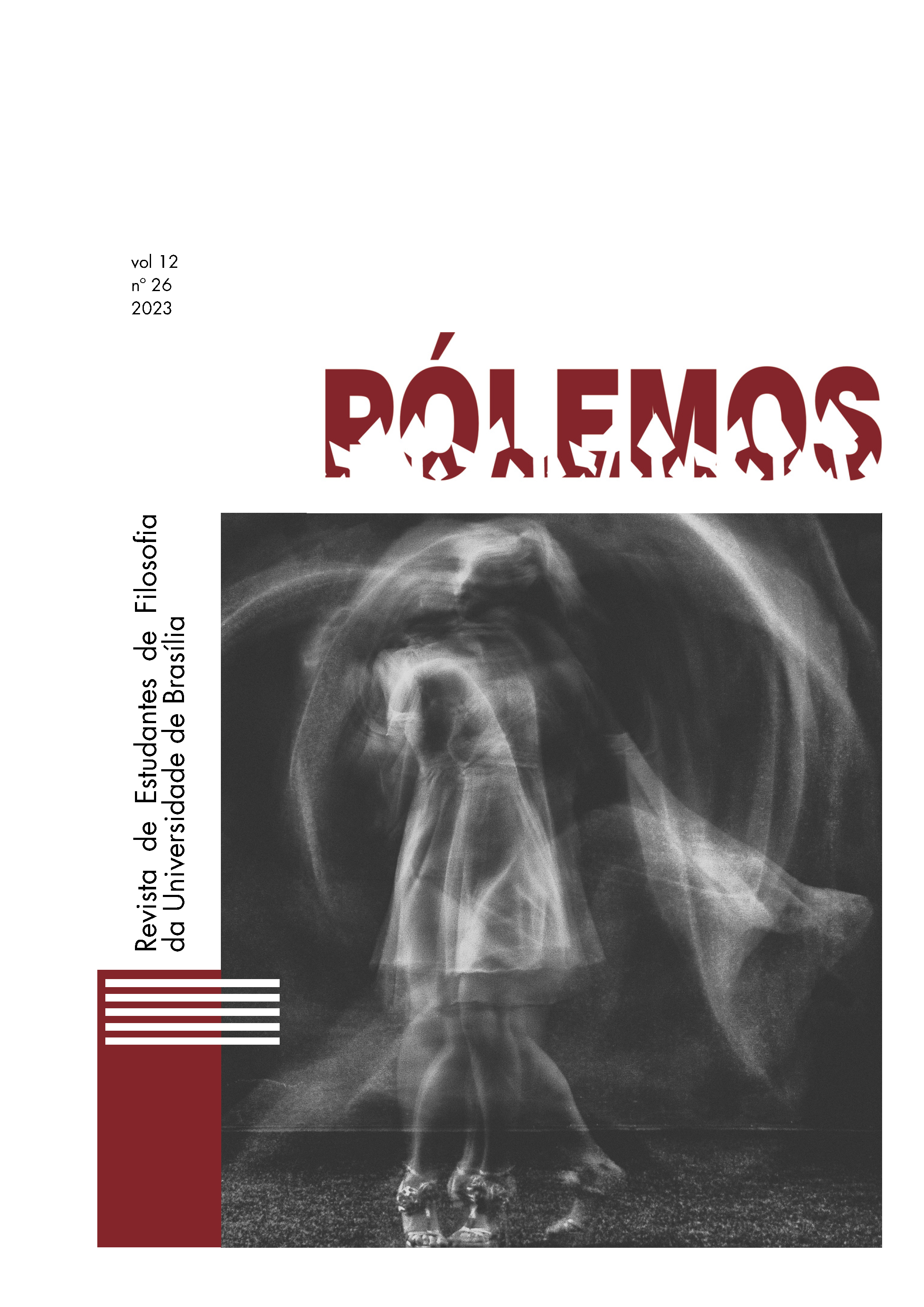HISTORY’S “MUSICAL CHAIRS”
State and exteriority in two Paulo Eduardo Arante’s texts
DOI:
https://doi.org/10.26512/pl.v12i26.48422Keywords:
Paulo Arantes. Dialetic. History. State.Abstract
Drawing a common line of argument between two texts of the Brazilian philosopher Paulo Eduardo Arantes, this article seeks to scrutinize the historical and concrete consequences of the relations between interiority and exteriority of conceptual and political formalizations, between the "inside" and the "outside" of these formalizations. For this, it draws the parallel between Universal History and State that is found in the chapter "A Prosa da História", which composes version for publication of his doctoral thesis "Hegel: a ordem do tempo". Then, it associates this parallel, making the necessary reservations, to the historical and concrete line present in the approach, made by Arantes, from the book "The Nomos of the earth", by the jurist Carl Schmitt, in the text "O mundo-fronteira". With this association, the article concludes that, in Arantes' work, this relationship between interiority and exteriority is established as a mutual constitution in which violence is presented.
Downloads
References
ANDRADE, É. A opacidade do iluminismo: racismo na filosofia moderna. Kriterion: Revista de Filosofia, v. 58, p. 291–309, ago. 2017. DOI: https://doi.org/10.1590/0100-512X2017n13704ea.
ARANTES, P. E. Hegel: a ordem do tempo. Tradução: Rubens Rodrigues Torres Filho. São Paulo: Hucitec/ Polis, 2000.
ARANTES, P. E. O novo tempo do mundo: e outros estudos sobre a era da emergência. São Paulo: Boitempo Editorial, 2014.
ARANTES, P. E. O mundo-fronteira. Princípios: Revista de Filosofia (UFRN), v. 29, n. 60, p. 10–32, 25 nov. 2022. DOI: https://doi.org/10.21680/1983-2109.2022v29n60ID30865.
CAMARA, B. The Falsity of Hegel’s Theses on Africa. Journal of Black Studies, v. 36, n. 1, p. 82–96, 2005. DOI: http://dx.doi.org/10.1177/0021934704268296.
HEGEL, G. W. F. Princípios da Filosofia do Direito. Tradução: Orlando Vitorino. São Paulo: Martins Fontes, 1997.
HEGEL, G. W. F. Filosofia da História. Tradução: Maria Rodrigues; Tradução: Hans Harden. Brasília: Editora da Universidade de Brasília, 2008.
KUYKENDALL, R. Hegel and Africa: An Evaluation of the Treatment of Africa in The Philosophy of History. Journal of Black Studies, v. 23, n. 4, p. 571–581, 1993.
LACAN, J. O seminário: livro 20: mais, ainda. Tradução: M. D. Magno. São Paulo: Jorge Zahar Editor, 1985.
SCHMITT, C. The nomos of the earth in the International Law of the Jus Publicum Europaeum. Tradução: G. L. Ulmen. New York: Telos Press, Ltd, 2003.
Downloads
Published
How to Cite
Issue
Section
License
Copyright (c) 2023 PÓLEMOS – Revista de Estudantes de Filosofia da Universidade de Brasília

This work is licensed under a Creative Commons Attribution-NonCommercial-NoDerivatives 4.0 International License.
Todos os trabalhos que forem aceitos para publicação, após o devido processo avaliativo, serão publicados sob uma licença Creative Commons, na modalidade Attribution-NonCommercial-NoDerivatives 4.0 International Public License (CC BY-NC-ND 4.0). Esta licença permite que qualquer pessoa copie e distribua a obra total e derivadas criadas a partir dela, desde que seja dado crédito (atribuição) ao autor / Ã autora / aos autores / às autoras.


